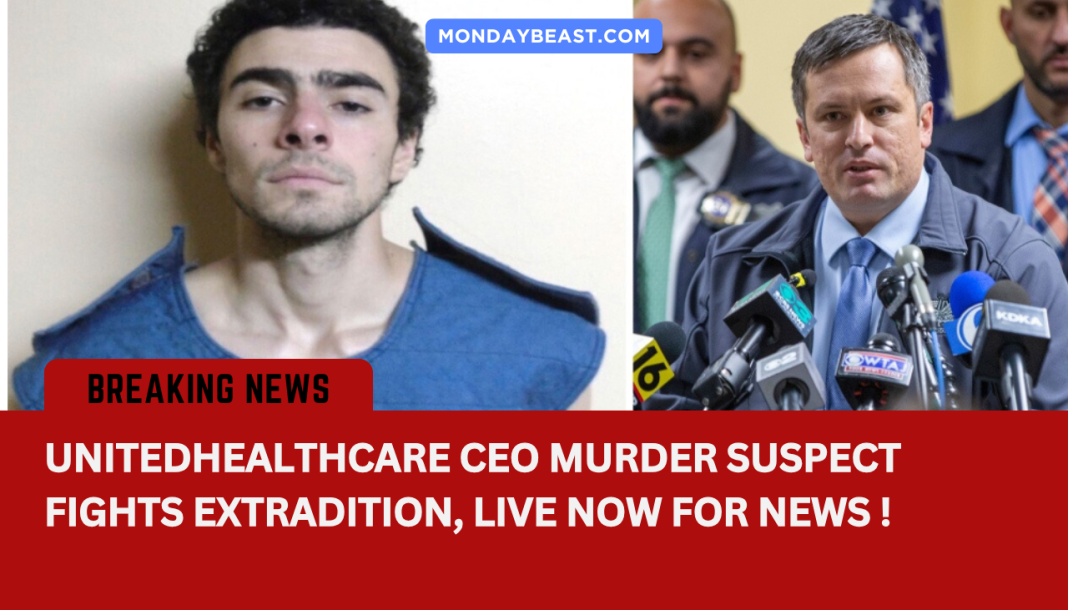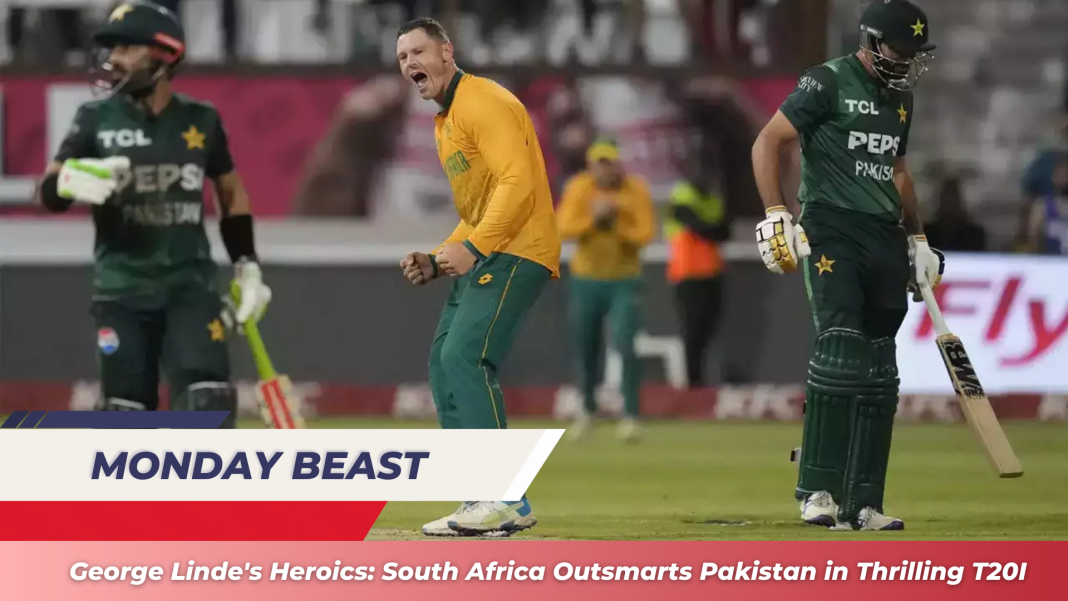In a situation that feels ripped from the headlines, a young man stands accused of an unimaginable crime. Luigi Mangione, a name few had heard last week, now echoes through the halls of newsrooms and social media platforms alike. How did a person described as ‘totally normal’ turn from classmate to murder suspect?
Mangione is alleged to have shot UnitedHealthcare CEO Brian Thompson. Reports say he was carrying a ‘ghost gun’ at the time of his arrest. Ghost guns lack serial numbers, making them almost untouchable for law enforcement. But what does this mean for our understanding of gun control?
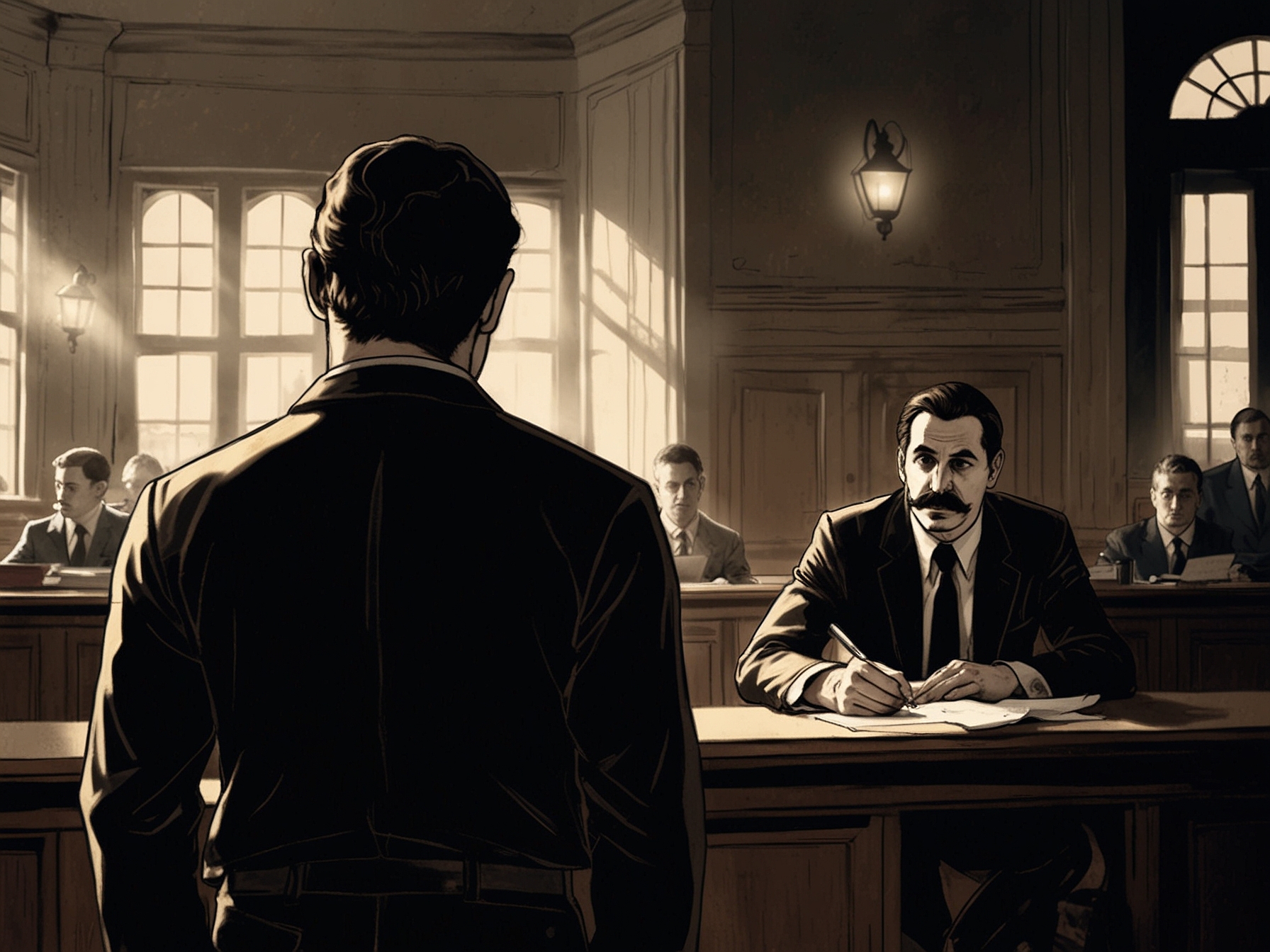
As the details unfold, many question Mangione’s character. This was a man described by old friends as humble and thoughtful. Could he truly be responsible for such violence? Tom Dickey, Mangione’s lawyer, reflects a similar doubt.
Dickey recently stated, “I haven’t seen any evidence that they have the right guy.” He urges proof from New York officials who believe they have their culprit. This raises an unsettling thought. What if Mangione is not the man they’re looking for?
Moreover, Mangione’s social media sensation has ignited conversations about the healthcare system. Some followers have painted him as a “hero.” What does this say about our society’s growing frustrations? It’s a complicated narrative, indeed.
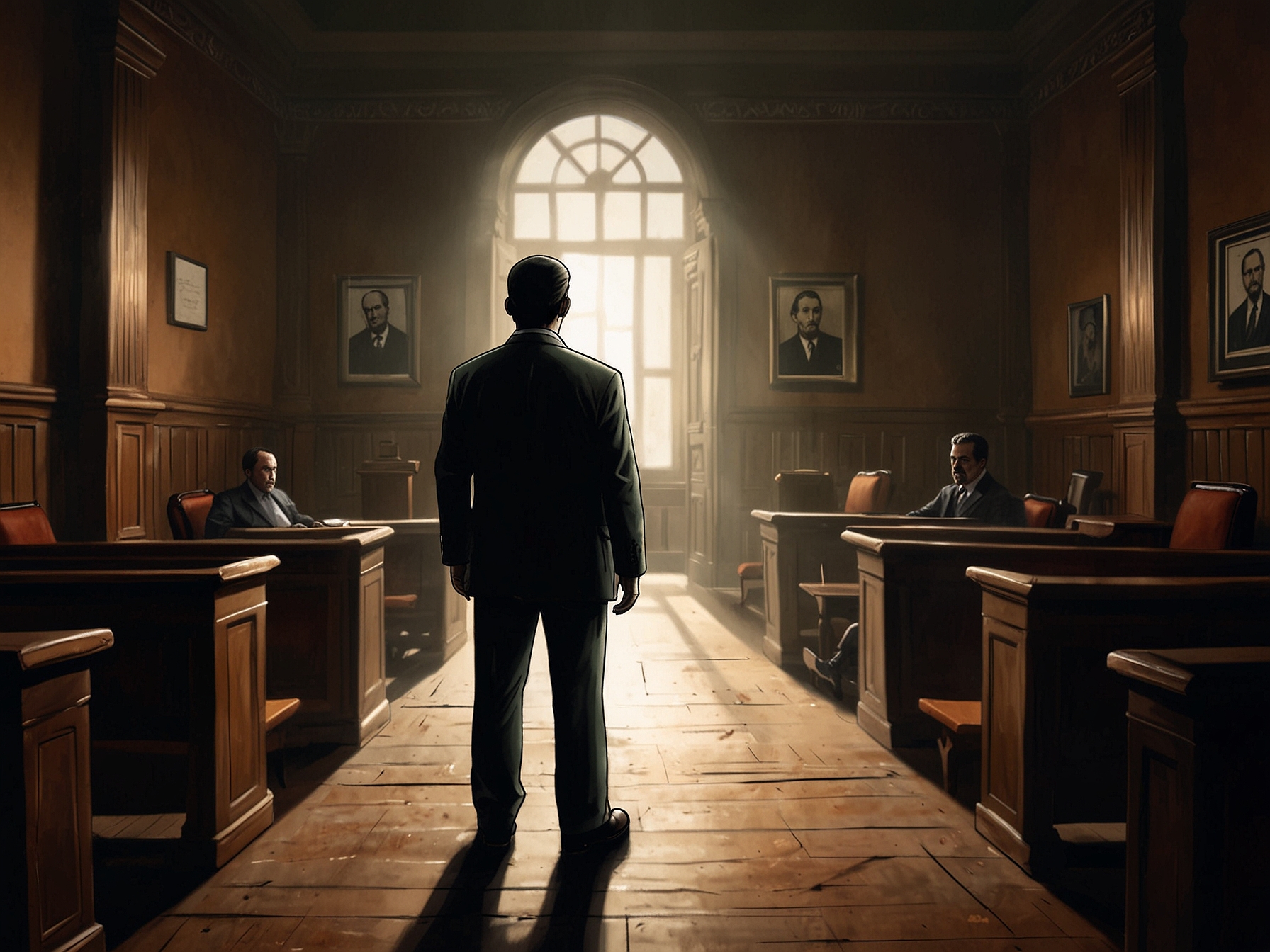
Emails offering to cover Mangione’s legal bills arrive at Dickey’s office. While this may suggest strong support for the suspect, it also indicates a troubling trend. Do we really want to align ourselves with a figure under such scrutiny? Dickey himself finds mixed feelings. “It just doesn’t sit right with me,” he admitted recently.
The juxtaposition of sympathy for Mangione and horror at his actions poses a deeper question. Where do we draw the line between support for an individual and the condemnation of their alleged actions? These emailed donations might appear altruistic but bring with them a weighty moral dilemma.
For those who knew him, the disbelief is palpable. Friends are grappling with the identity of a man they once called a peer. “He was a quiet guy,” one classmate recalled. Even when talking to others, he was more than just that stereotype; he was approachable and down-to-earth, complete with a quick wit.
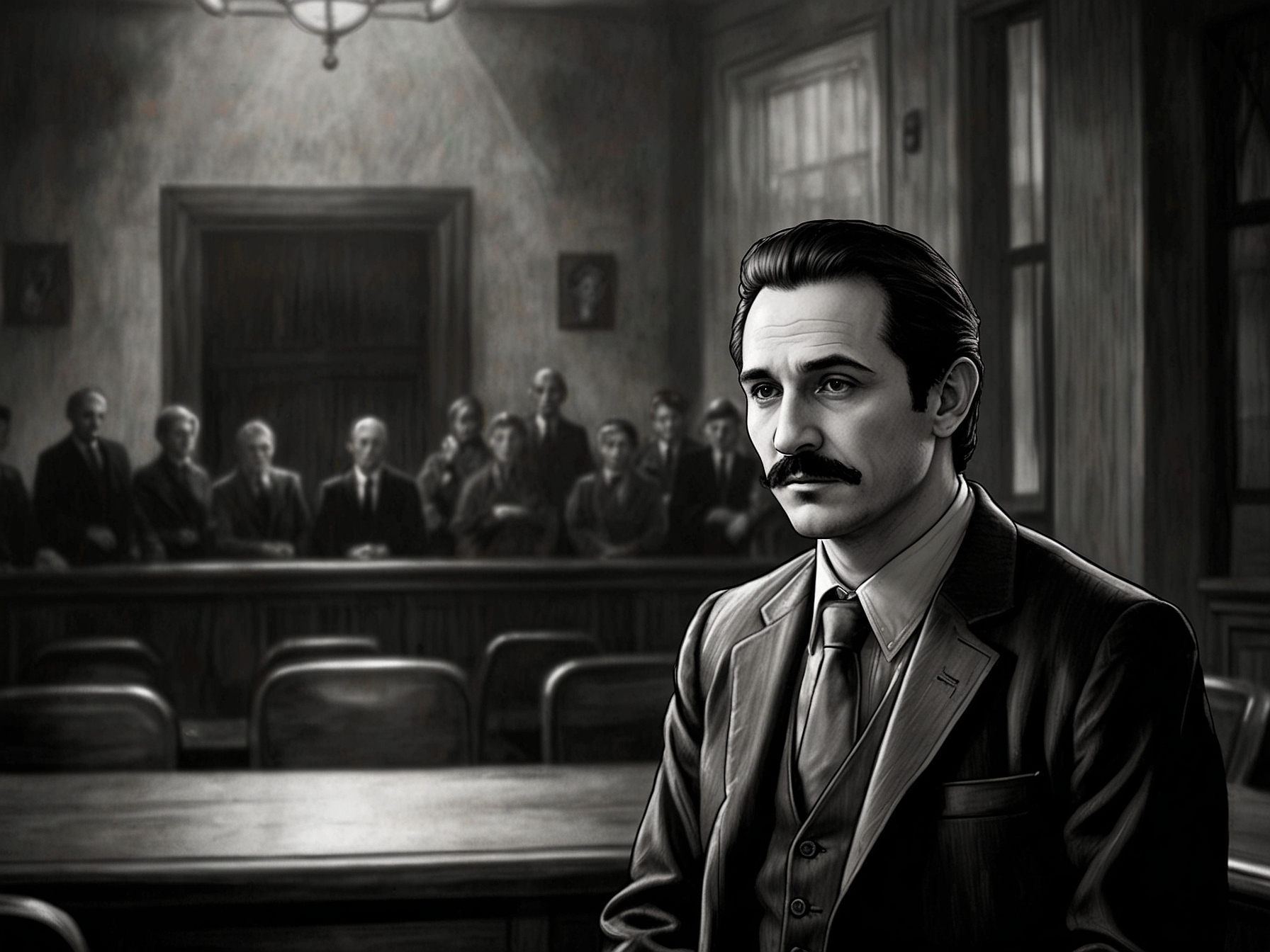
Freddie Leatherbury, another friend, echoed these sentiments. He described Mangione as having “everything going for him.” So how do we reconcile this tragic transformation? The inability to connect the past to the present points to a frightening reality; life can take unexpected turns.
In the midst of these unfolding events, we find ourselves pondering the broader implications. How does a young person with potential fall into such chaos? This narrative serves as a stark reminder of the fragility of human nature. It conjures up the question: Could anyone be next?
One striking quote from a former classmate sticks out: Mangione was a “great guy.” But with these recent allegations, what does ‘great’ mean? Can moments of despair overshadow years of good?
As we watch Mangione’s court case unfold, we are invited to think critically about the systemic issues that might have contributed to this tragedy. The debate surrounding ghost guns looms large, complicating this landscape even further. Should laws be reconsidered? When will we prioritize safety over personal freedoms?
In conclusion, the situation surrounding Luigi Mangione forces us to question not just his guilt or innocence, but the underlying societal dynamics at play. The complexity grips tighter with each new detail, leaving us asking, ‘What does this really mean for us?’ As the court battles ensue and social media sympathies fluctuate, we find ourselves at a crossroads. Let’s watch closely, as answers may lead us to uncomfortable truths.

